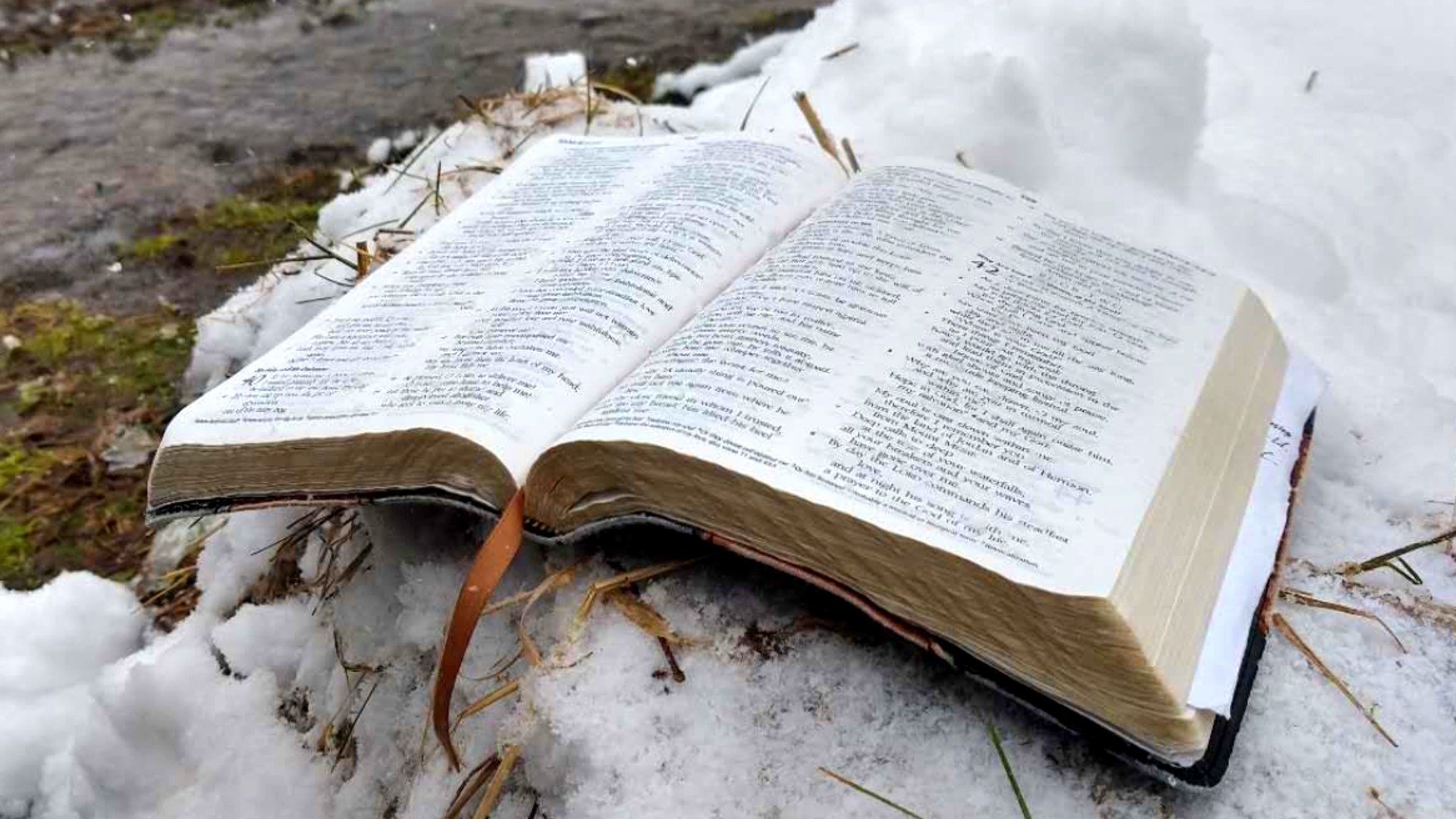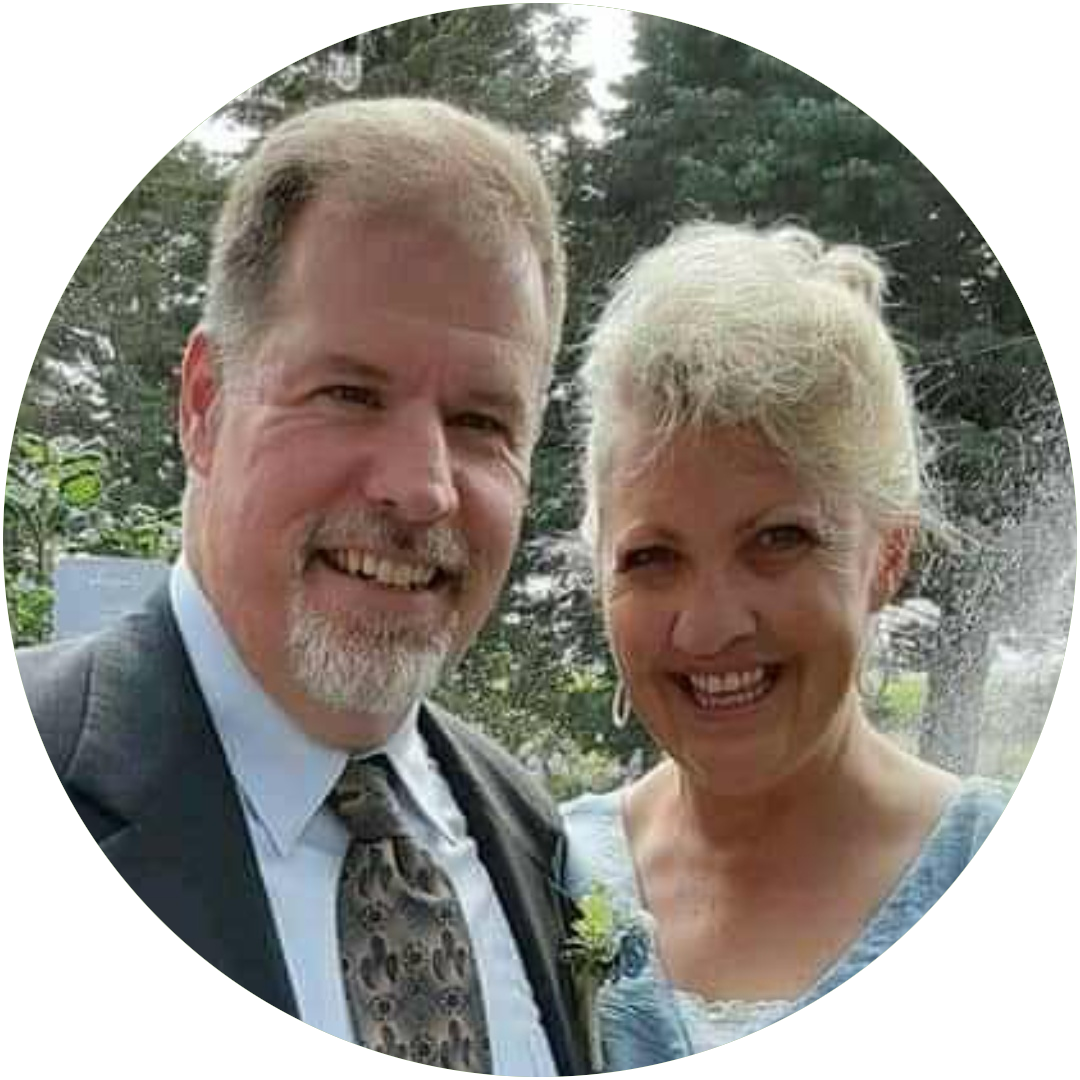
April 1, 2024
Passage Read: Psalm 3-6
Meditation Verses: 3:1-2
Thought
This is when Absalom launched a rebellion against David. So when David says his enemies have multiplied, primarily it is his own son, but also it is all those who have gathered about Absalom to support his rebellion. David doesn't want to defend himself against his son, he doesn't want to destroy his son or those friends who have now turned against him in alliance with Absalom. What a horrible situation! Why would so many of those who fought by his side, who served and prospered under his rule, why would they be so willing to turn against him and plot his death like it was nothing? And then the Lord goes out and fights for him, and he loses his son and many of those who once were friends. He weeps over the destruction of his son, to the point of almost losing all those who remained loyal to him. David never hated his sons, he never hated the friends who turned against them, but they were determined to kill him. This psalm ends with not just an acknowledgment but a note of victory, that the Lord has broken the teeth of the wicked. That would be his son and those who supported his rebellion, even old friends. He has moved past his grief to acknowledge that the Lord did what was good and right, that his son and his friends were wicked and deserved their judgment.
Application
How painful it is to be betrayed by close friends, even by your own sons. What was David to do with Amnon and Absalom? It was his mercy and love for them that stayed his hand; if they had been anyone else, he would have punished them swiftly and completely. In the end, the Lord brought on each of them what their sins deserved, and David had to agree that the Lord was right. The Lord preserved David's life because David loved the Lord. This was also consequence for David's sin with Bathsheba, how much more did David not want to raise his hand against his own sons who were incited to their sin because of his own sin. Yet that doesn't clear his sons of their own sin, but it does mean that unless the Lord relents and grants them repentance, they are lost. And David, though he has sinned, remains faithful and repentant and obedient to the Lord, so that the Lord defends him even in his punishment. It is a terrible price to pay, to lose sons to sin, to lose friends to sin, even more when they have set you as the target of their hatred. But ultimately, each one of us is responsible for our own sin. I need to be determined to seek the Lord and obey Him, even if it means I must lose my friends and my sons. How they choose to respond to God and the circumstances He brings into their lives is entirely up to them, as surely as my choices are entirely up to me.

